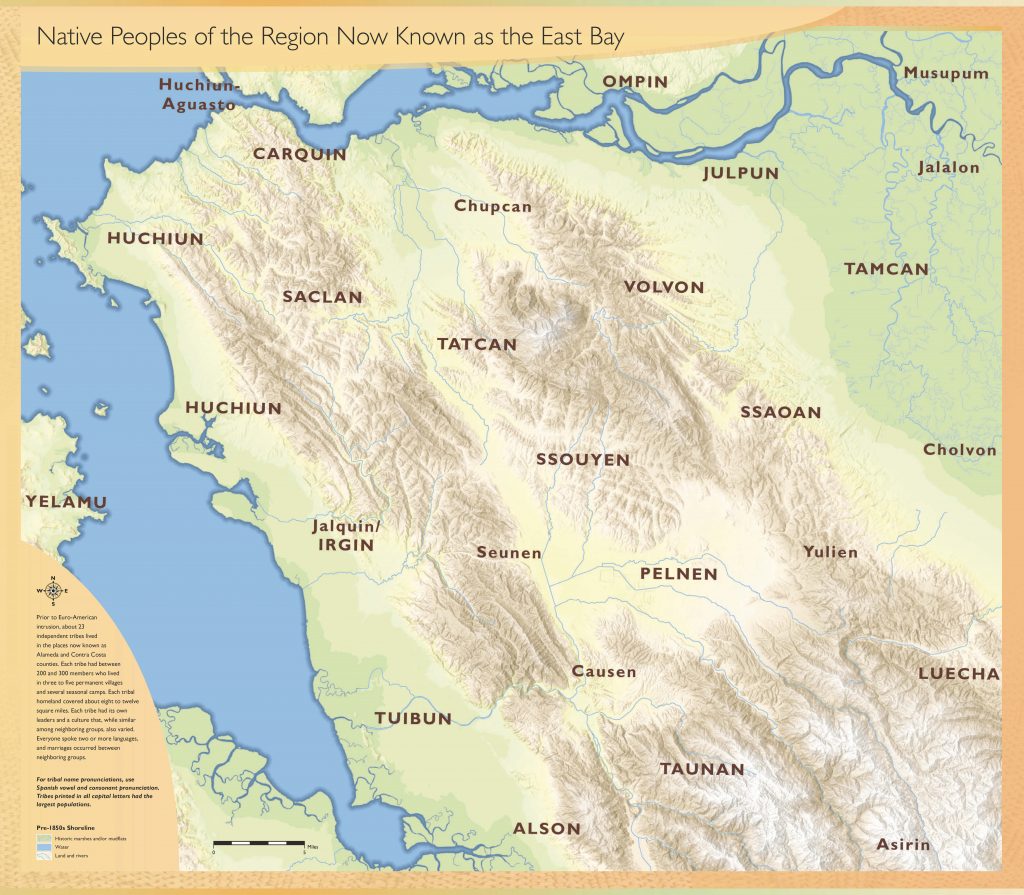We Honor the Lisjan and Muwekma Ohlone People & Land Berkeley schools are on unceded Huichin Lisjan Ohlone and Muwekma Ohlone land. We honor the original stewards of these lands and their ongoing efforts to rematriate land back to Indigenous peoples. We encourage visitors to this website to support the work of Sogorea Te' Land Trust.
|
What is Ethnic Studies?
The Legacy of Ethnic Studies in Berkeley Unified School District:
There would be no Ethnic Studies without the fight for Black Studies, led by SF State and UC Berkeley’s Black students in 1968-1969. We honor this rich local history and how Black students sparked a successful cross-racial solidarity movement called the Third World Liberation Front (TWLF). The TWLF included Black, Indigenous, Asian American & Pacific Islander, and Latinx/e student groups that worked together in a five-month student strike to successfully bring Ethnic Studies Departments to SF State and UC Berkeley so that students of color could take classes and learn history that centered their experiences of race, racism, and settler colonialism. That same year in 1968, Black students, families, and educators at Berkeley High School advocated for and established an African American Studies Department under the direction of Richard Navies. In 1990, a group of students at Berkeley High School advocated for a required Ethnic Studies class, which was shortly followed by Latinx/e Studies and Asian American Studies classes. Currently, Berkeley High School continues to have a thriving African American Studies Department, a Universal 9th grade Ethnic Studies class, and several other elective Ethnic Studies classes such as Latinx/e History, Latinx/e Literature, and AAPI Literature. The spirit of student voice and agency is at the heart of our work in Berkeley Unified School District and we are proud of this legacy. What Ethnic Studies is: Ethnic studies is the study of what it means to have a race as one important part of our intersectional* identities and it centers the people most impacted by racism and settler colonialism. Ethnic Studies also has three main parts: what is taught, how it is taught, why it is taught.
The Purpose of Ethnic Studies: The purpose of Ethnic Studies is to inspire BUSD learners to take action from a place of knowledge about our true connected histories and care for our diverse communities and their lived experiences in order to transform our world so that we may all be liberated from racism and oppression. Additionally, Ethnic Studies teaches students how to critically analyze power, notice and name injustices, respect their peers, and honor their own and one another’s identities that include things such as race, ethnicity, ability/disability, class, sexuality, body size, gender identity, religion/spirituality, belief systems, and more. The impact of Ethnic Studies: Ethnic Studies has universal benefits for all students of all identities; it connects and strengthens all communities because it is rooted in love and transformation so that the world can be a better place for all. Ethnic Studies has been proven to have many positive benefits for all students of all races and ethnicities, by increasing their sense of belonging and self knowledge, connection to their school community, empathy for others, attendance rates, GPA, and much more (as researched in 2017 at Stanford by Emily Penner and Thomas S. Dee). For students of color, Ethnic Studies provides a much needed academic space where they can take classes and learn history that centers their experiences of race, racism, and settler colonialism. These classes support students of color in developing a sense of connection and pride in their ancestral and familial legacies, the impact of which manifests in many of the positive outcomes described in the Stanford study. Student Quotes: “Ethnic Studies helps us get a deeper insight into the world.” “Ethnic Studies is important for everyone. It’s important to change the narrative a bit. Without it, it adds to systemic racism. It continues stereotypes. Ethnic Studies opened my eyes to things like redlining and racism. I wish I could have learned more earlier on.” “It’s really important to show a different perspective on history.” “Ethnic Studies helped me understand other people. If kids learn Ethnic Studies at a young age, they’ll have more information and more understanding of other people.” “I wish we had Ethnic Studies every year at Berkeley High.” “It’s fine not to sugar coat everything. Younger kids need to learn what happened.” “For me, the greatest impact was learning resistance in the face of discrimination and challenging systemic bias. Feeling empowered to succeed because of my identity– not despite of it– motivated me to find academic success and leadership roles.” |

